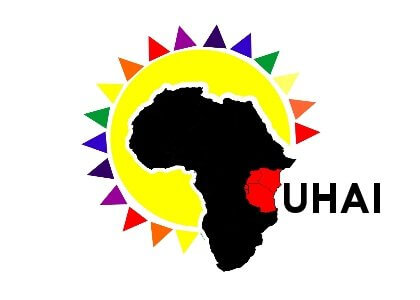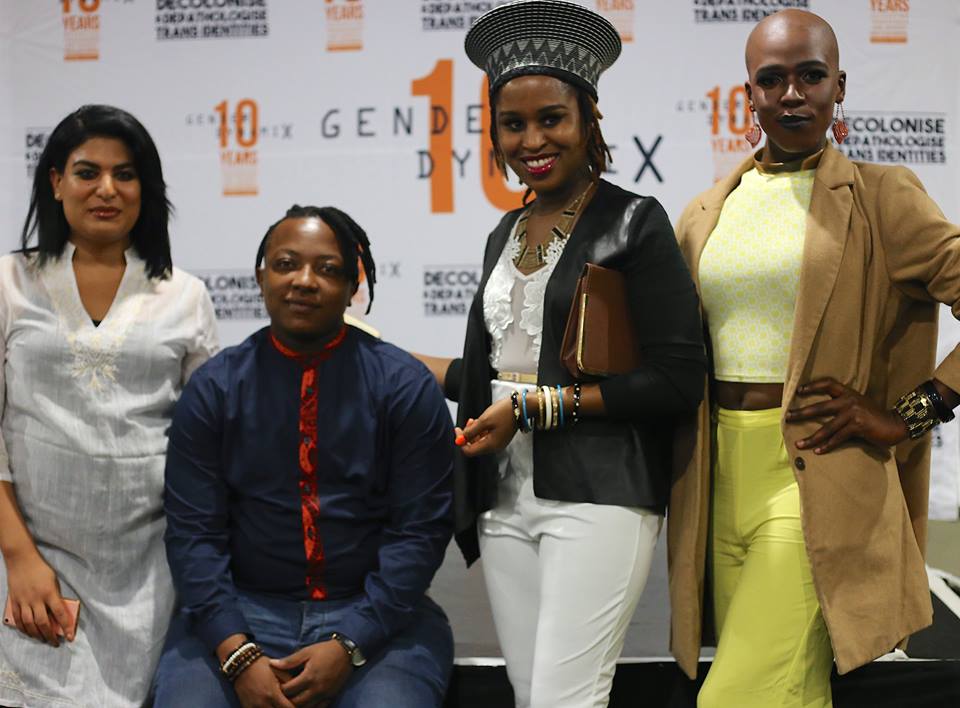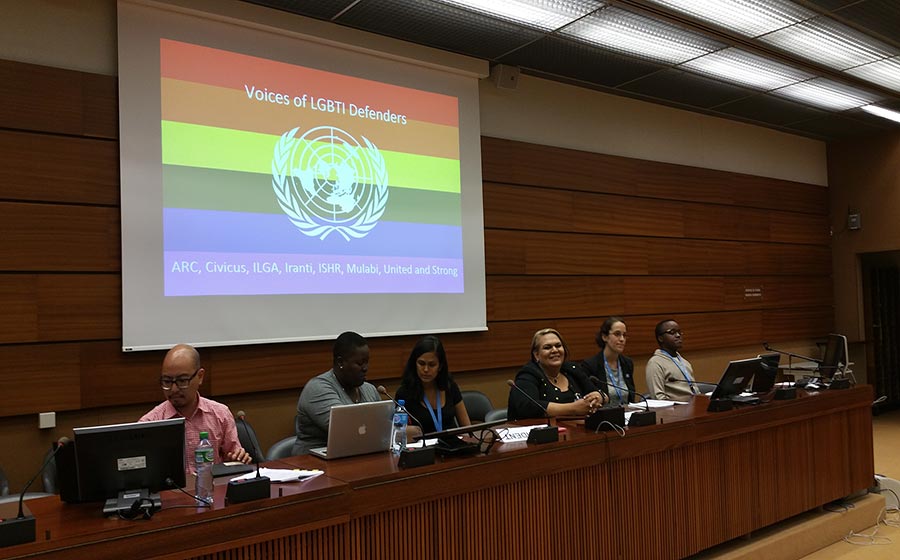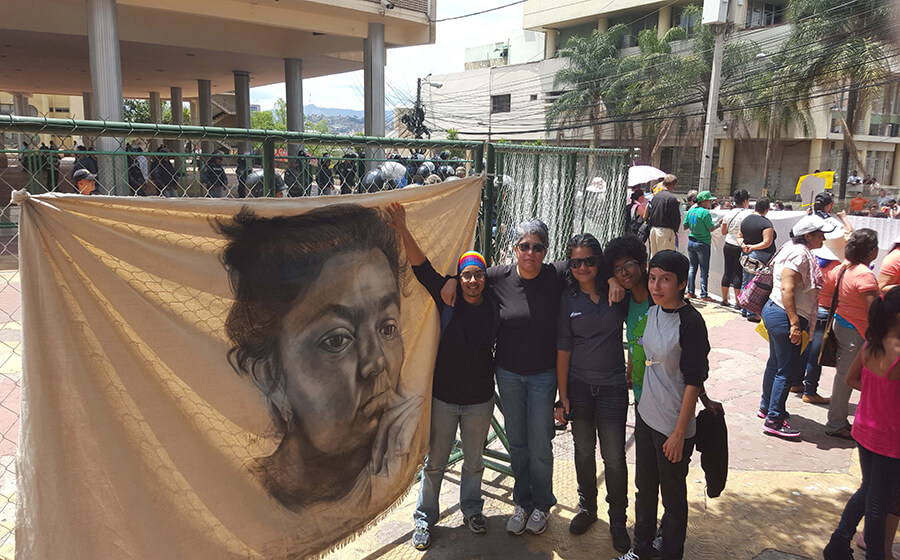UHAI is Africa’s first indigenous activist led and managed fund for and by sex workers and sexual and gender minorities.

UHAI is Africa’s first indigenous activist led and managed fund for and by sex workers and sexual and gender minorities. UHAI believes in African activists’ voice in resourcing the struggle for equality, justice and dignity for Africa’s sex workers and sexual and gender minorities. UHAI is changing the narrative of how Africa’s human rights and health struggles are resourced from one of ‘foreign assistance’ to one of ownership and self-determination by the very activists who live the struggles. UHAI supports civil society organising for and by sex workers and sexual and gender minorities in Burundi, the Democratic Republic of Congo, Ethiopia, Kenya, Rwanda, Tanzania and Uganda with flexible and accessible grants; capacity support; support for Pan-African advocacy and organising (including support for activist-led convening); and research and documentation. Over the last 7 years, UHAI has made US$6 million in grants to Eastern Africa’s sex workers and sexual and gender minorities. Eastern African activists themselves determine most of these grants. UHAI has provided multi-year capacity support to more than 50 community organisations; supported numerous Pan-African advocacy engagements and convening; and contributed to the repertoire of knowledge on Eastern Africa LGBTI and sex worker human rights and health. UHAI just concluded a landscape analysis of the context in which Eastern Africa’s trans, intersex and gender non-conforming communities organise and exist. The analysis shares information on five thematic focus areas: legal environment, public discourse, health, lived realities and organising landscape.
Gender DynamiX is a long-standing national and regional advocacy organization by and for trans people.

Gender DynamiX is a long-standing national and regional advocacy organization by and for trans people. Gender DynamiX’ long term goal is to ensure that diverse trans and intersex people are able to live openly, without obstruction, and in dignity by being able to equitably participate in the social, political and economic spheres of society. Over the last four years, they have engaged in advocacy campaigns to enforce Act 49 (the existing legal gender recognition law), increase access to healthcare, education, and accountability for violence against trans communities. They now have an opportunity to refocus efforts on redrafting South Africa’s gender recognition law to fully incorporate fundamental human rights for diverse trans people, which includes the right to self-identification premised on one’s right to self-determination, dignity and freedom. Over the next two years, they will build up a self-identification discourse, consolidate support amongst human rights movements, develop self-identification jurisprudence through test litigation cases and build a solid network of political and social stakeholders invested in legislative change.
Mulabi focuses on policy advocacy and education of public officials and service providors to promote decent treatment for trans and intersex people.

Mulabi was founded in 2006 and has become a leading force in Latin America. They participated in organizing the regional meeting of ILGALAC in November 2019 and the Regional LAC intersex conference in February 2020. Their advocacy work includes a workshop on the preparation of the Universal Periodic Exam, aimed at Women’s organizations in San José, Costa Rica (October 2019), participation in the Conference on Forced Migration of BGLTI populations, organized by the Latin American and Caribbean Network for Democracy and the Foundation for Peace and Democracy (October 2019), and a presentation before the UN Human Rights Council in Geneva, of the recommendations of the UPR written by Mulabi (September 2019). They are giving workshops in an awareness-raising approach.
Cattrachas is a collective of psychologists, advocates, academics, media communicators, graduate students, and activists whose main goal is to advance and protect the human rights of LGBTQI people in Honduras.

Cattrachas is a collective of psychologists, advocates, academics, media communicators, graduate students, and activists whose main goal is to advance and protect the human rights of LGBTQI people in Honduras through rigorous documentation of cases of violence against people LGBTQI, national and international advocacy at the policy level, and the creation and use of networks at local, regional and international levels. Thanks to its strategic advocacy, articles 27, 117, and 321 of the Honduran Penal Code have been reformed. These articles now penalize hate crimes against LGBTI people and femicides. Its leadership in investigating and documenting human rights violations against LGBTQI people has been instrumental in getting other co-parties in Latin America to also systematically monitor and document violence against LGBT people. Watch Cattrachas Founder Indyra Mendoza’s speech at our 40th Anniversary Gala in November 2017: *** En Español*** Cattrachas es un colectivo de psicólogxs, abogadxs, integrantes de la academia, comunicadorxs mediáticxs, estudiantes graduadxs y activistas cuyo objetivo principal es avanzar y proteger los derechos humanos de las personas LGBTQI en Honduras a través de la documentación rigurosa de casos de violencia contra las personas LGBTQI, la defensoría nacional e internacional a nivel de políticas y la creación y el uso de redes a niveles local, regional e internacional. Gracias a su defensoría estratégica, los artículos 27, 117 y 321 del Código Penal hondureño han sido reformados. Estos artículos ahora penalizan los crímenes de odio contra las personas LGBTI y los feminicidios. Su liderazgo en la investigación y la documentación de las violaciones de los derechos humanos LGBTQI ha sido fundamental para lograr que otras co-partes en América Latina también monitoreen y documenten de forma sistemática la violencia hacia las personas LGBT. Mira el discurso del fundador de Cattrachas en nuestra gala de 40 aniversario en noviembre de 2017 aquí:
TGIJP was founded in 2004 with the mission to challenge and end human rights abuses against transgender, gender variant and intersex people, especially transgender women, in California prisons and beyond.

TGIJP was founded in 2004 with the mission to challenge and end human rights abuses against transgender, gender variant and intersex people, especially transgender women, in California prisons and beyond. While TGIJP has done some legal work for intersex individuals caught within the prison industrial complex, its leadership team has long wanted to expand its work in this area to fully realize its name and mission. In 2014, an intersex individual joined the TGIJP’s core volunteer team. TGIJP is now working to increase the visibility of intersex issues in their current programming (e.g. publishing information in their newsletter and raising intersex issues with current allies); conducting internal education for staff, core leadership and members; developing collaborative relationships with intersex organizations; and conducting outreach to identify imprisoned intersex people, share information and support their ability to self-advocate and self-organize. Check out our 2018 International Trans Day of Visibility video featuring an interview with TGIJP’s former Executive Director, Miss Major: Learn more about the documentary 2015 Global Arts Fund grantee partner Annalise Ophelian made about Miss Major:






